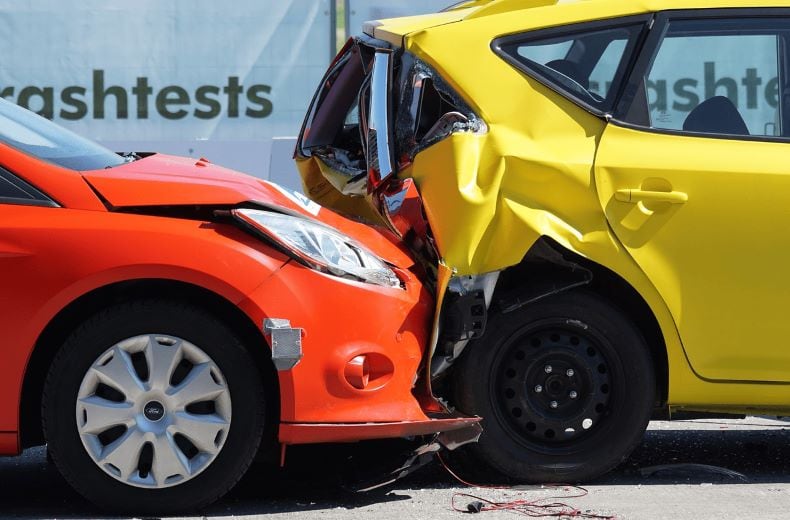
Nevada’s bustling roads unfortunately witness their fair share of car accidents. While no one anticipates a rear-end collision at a stoplight or in heavy traffic, such incidents occur more frequently than we might imagine. The shock of a rear-end collision can be overwhelming, and the aftermath is often riddled with uncertainty, pain, and financial stress.
Should you be in this situation, it’s crucial to know your legal rights and the measures necessary to protect yourself. This article explores what to do when you’ve been rear-ended while stationary, the possible legal routes at your disposal, and the importance of seeking medical attention.
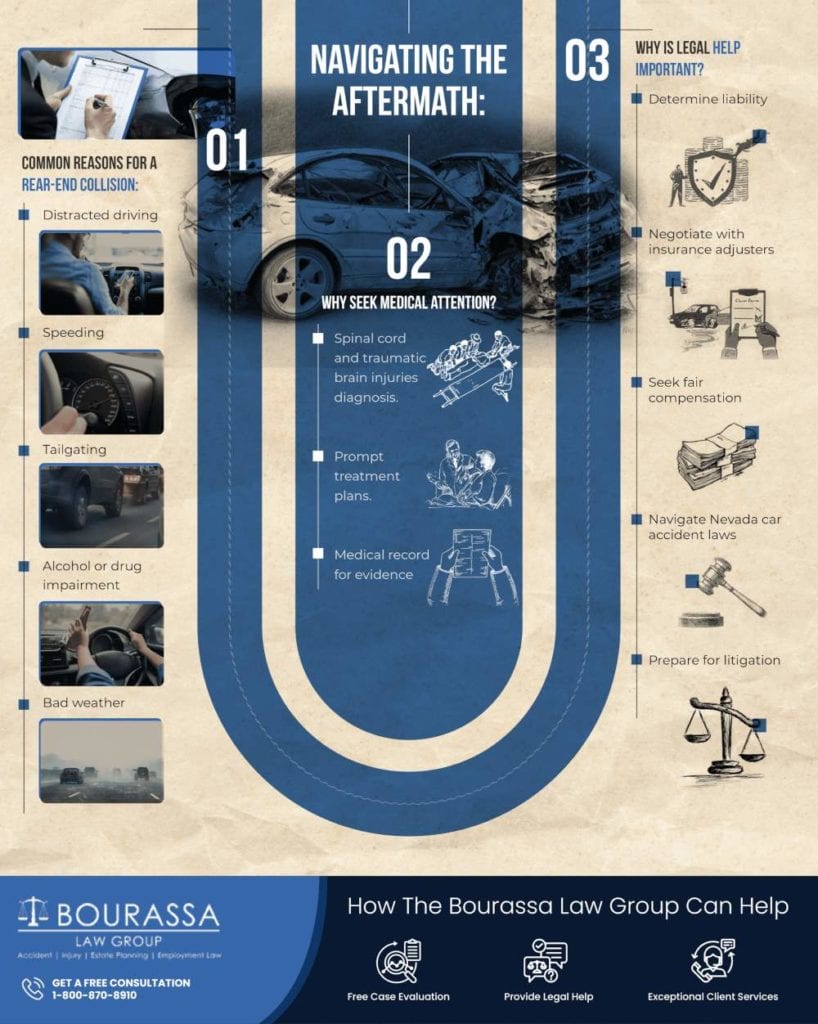
The Shock of a Rear-End Collision
Rear-End Collisions: A Common Occurrence
Rear-end collisions rank among the most common vehicular accidents both in Nevada and throughout the U.S. These incidents occur when a vehicle strikes the rear of another, typically for reasons such as:
Distracted Drivers: Distracted driving is a common problem. The culpable driver might have been texting, talking on the phone, or preoccupied with other activities.
Speeding: Excessive speed makes it difficult for the driver to stop in time.
Close Tailgating: Following too close leaves little room for reaction in case the vehicle in front stops abruptly.
Driving Under the Influence: Substance impairment, be it alcohol or drugs, can result in sluggish response times.
Bad Weather: Rain, snow, or fog can reduce visibility and traction, making it difficult to stop in time.
Regardless of the cause, being rear-ended while stationary can result in various repercussions, from vehicle damage and personal injuries to medical bills and emotional turmoil. If confronted with such a predicament, it’s advisable to seek legal assistance.
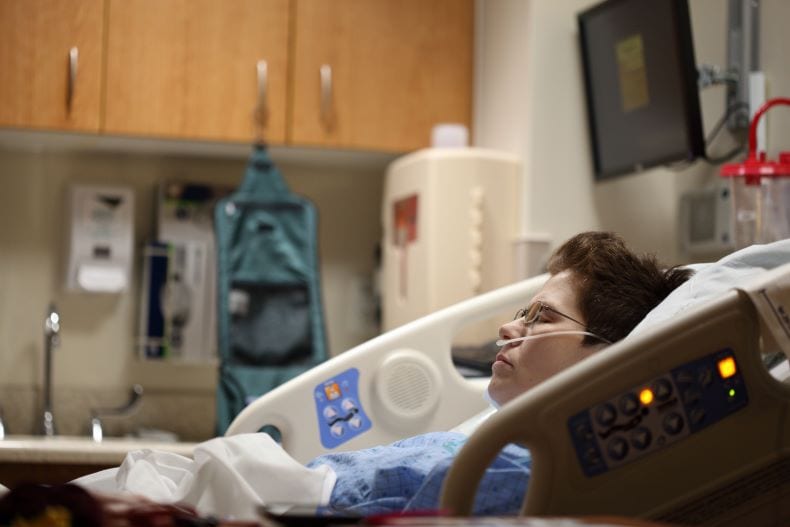
Seeking Medical Attention: A Priority
Traumatic Injuries: A Hidden Threat
Post a rear-end collision, your health stands as a paramount concern. Even if you feel no immediate discomfort post the rear-end collision, latent rear end accident injuries might still be present. This is why it is important for you to get medical treatment.
Traumatic brain injuries (TBIs) and spinal cord injuries rank high among the frequent severe outcomes of rear-end collisions. These injuries may not manifest symptoms right away, but their effects can be life-altering if left untreated.
Traumatic Brain Injuries (TBIs)
TBIs can range from mild concussions to severe brain damage. Symptoms may include headaches, dizziness, memory problems, and mood changes. Seeking immediate medical evaluation is crucial, as early treatment can significantly impact recovery.
Spinal Cord Injuries
Injuries to the spinal cord can lead to paralysis, chronic pain, and other grave complications. Symptoms of back injuries might remain concealed for several hours or perhaps days post-accident. Early diagnosis and treatment are essential to improve outcomes.
The Importance of a Medical Examination
Even if you don’t feel any immediate pain or discomfort, it is crucial to seek medical attention after a rear-end collision. A comprehensive medical examination can uncover hidden injuries, ensuring timely and appropriate medical care. Additionally, having a medical record can be vital if you decide to pursue a legal claim.
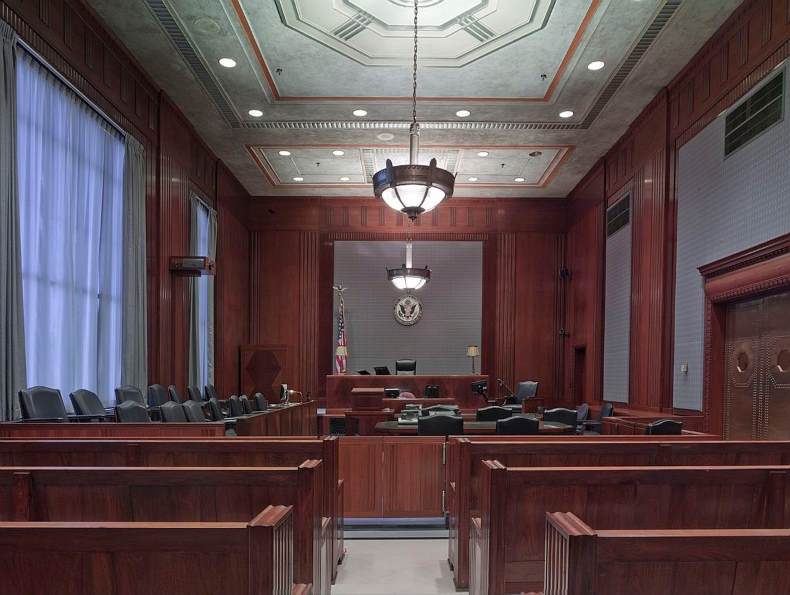
Legal Options After Rear-End Accidents
Understanding Liability
When you’ve been rear-ended while at a halt, it’s essential to determine who is liable for the accident. In most rear-end collisions, the driver who rear-ends another vehicle is considered at fault. However, liability can be influenced by factors such as:
Comparative Negligence: If you’re deemed partly responsible (say, an abrupt stop without cause), it could influence how liability is apportioned.
Multiple Vehicles: In multi-vehicle accidents, determining liability can be complex, as multiple drivers may share the blame.
Vehicle Defects: If a vehicle defect, such as faulty brakes, contributed to the accident, the vehicle manufacturer or maintenance provider may be liable.
Understanding liability in a rear end car accident is essential because it determines who is responsible for compensating you for the damages and injuries you’ve suffered. In rear-end collisions, liability is often straightforward, but it’s not always the case, especially in complex accidents involving multiple vehicles or mechanical failures.
Nevada follows a modified comparative negligence system with a 51% bar rule. This means that if you are partially responsible for your own injuries, your compensation will be reduced accordingly. Moreover, you can only recover damages if you are less than 51% at fault for the accident.
Additionally, you need to keep in mind that it is common for the at-fault party to try to wiggle out of responsibility for a rear end accident. This is why you need to gather as much information as possible at the scene of the rear end collision. Take photos and videos of all angles of all vehicles. Look around to see if there are cameras at the intersection or nearby buildings that may have recorded the rear end accident. Additionally, call the police and get a police report that documents what happened in the rear end accident.
Dealing with Insurance Companies
After establishing liability, your next step usually involves dealing with an insurance company. Insurance adjusters may contact you to assess the damages and injuries. It’s important to remember that their primary goal is to minimize the insurance company’s financial liability. Here are some key points to keep in mind when dealing with insurance companies:
Seek Legal Counsel: Consider hiring a dedicated car accident attorney to safeguard your rights during interactions with an insurance company. Insurance adjusters are skilled negotiators, and having an attorney on your side can level the playing field.
Avoid Quick Settlements: Exercise caution before hastily accepting a settlement proposal. It may not cover the full extent of your medical bills, pain and suffering, lost wages, and other damages. It’s often in the insurance company’s interest to settle quickly, but it may not be in your best interest.
Document Everything: Maintain a thorough record of all medical bills, repair estimates, and other relevant documents. This will be crucial if you decide to pursue a legal claim. Comprehensive documentation helps establish the extent of your losses and injuries.
Insurance companies may try to settle your claim for the lowest amount possible. Having an experienced car accident attorney can make a significant difference in the outcome of your case. They will work to ensure you receive fair and just compensation for your injuries and damages.
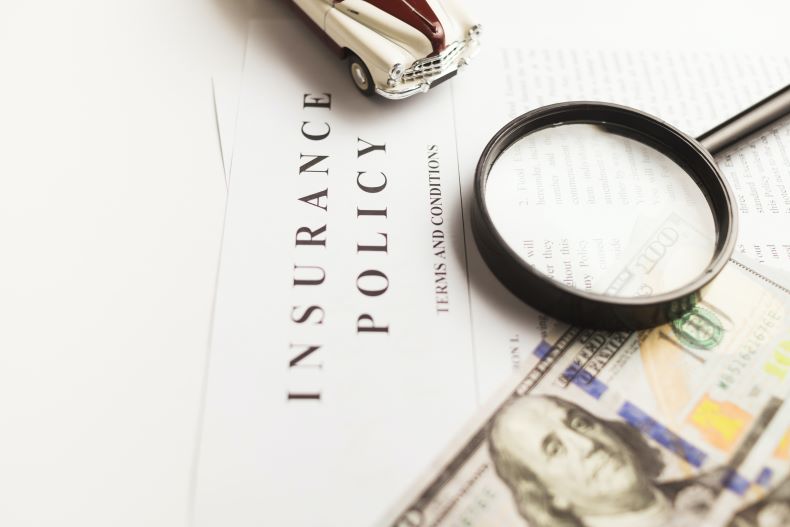
Potential Legal Avenues
If you’ve suffered injuries from being rear-ended while stationary, various legal avenues might be available for you to claim compensation. These can include:
Personal Injury Lawsuit: You have the option to file a lawsuit against the driver of the other vehicle, aiming to compensate for medical expenses, emotional distress, lost earnings, and other related damages. In a personal injury lawsuit, your attorney will need to prove the other driver’s negligence.
Third-Party Claims: Should a vehicle malfunction play a role in the accident, you might be entitled to a product liability claim against either the vehicle manufacturer or its service provider. This is a legal avenue to explore when the accident was caused or worsened by mechanical failures beyond your control.
Uninsured/Underinsured Motorist Coverage: If the driver at fault is uninsured or underinsured, your own insurance policy may provide coverage. This can help ensure you receive compensation even when the at-fault party lacks adequate insurance.
These legal avenues are essential for seeking compensation when you’ve suffered injuries and losses due to a rear-end collision. Determining the most appropriate route to take will depend on the specific circumstances of your accident.
A skilled car accident attorney can help you navigate the legal process, negotiate with insurance companies, and represent your interests in court if necessary. Familiar with the nuances of Nevada’s car accident regulations, they can steer you through every phase of your case.
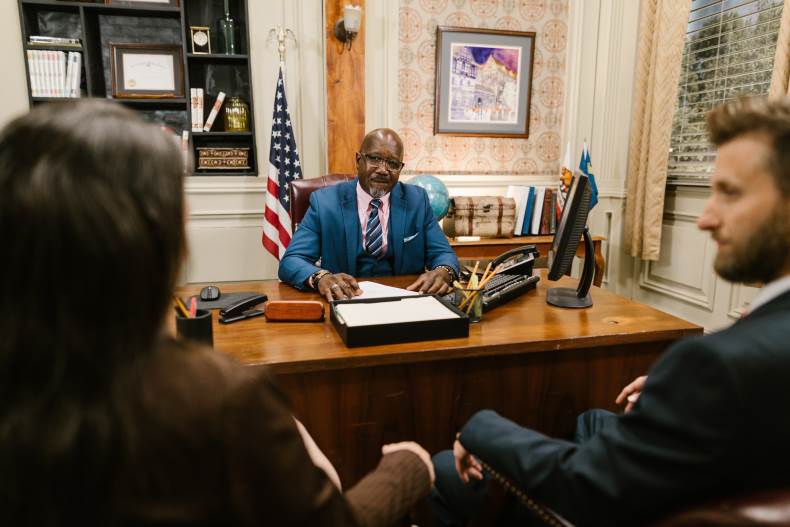
The Importance of Legal Representation
Rear-end collisions can profoundly affect your life, particularly when they result in severe injuries. A dedicated car accident lawyer can be your advocate during this challenging time. Here’s how they can assist you:
Legal Expertise:
Attorneys have in-depth knowledge of Nevada’s laws related to car accidents, liability, and insurance claims. They understand the legal nuances and can use their expertise to build a strong case on your behalf.
Investigation:
Attorneys can investigate the accident, gather evidence, and interview witnesses to build a compelling case for your rear end accident. This may involve accident reconstruction experts and other professionals to establish liability and damages.
Negotiation:
Attorneys are skilled negotiators who can secure a fair settlement with insurance companies. Familiar with the strategies employed by insurers and their adjusters, they can safeguard you from being unduly exploited in negotiations.
Litigation:
If a fair settlement cannot be reached, your attorney can represent you in court, ensuring your case is presented effectively. Litigation may be necessary when the other driver’s insurance company is unwilling to offer a fair settlement.
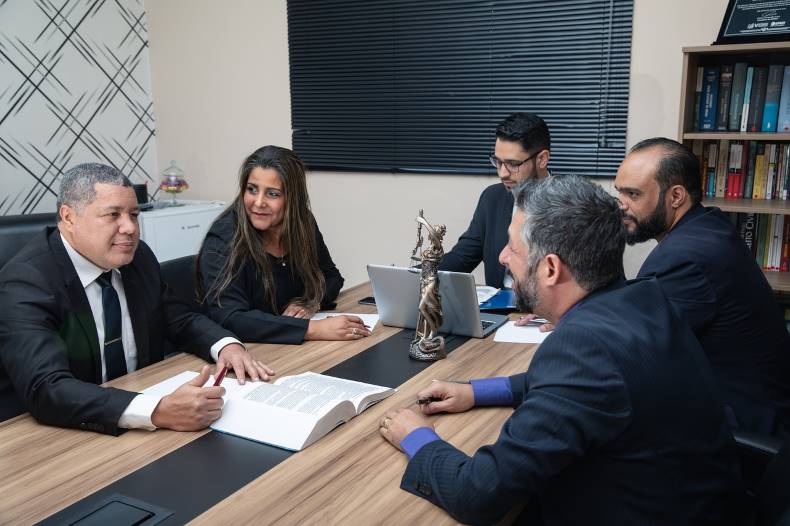
Bourassa Law Group’s Experienced Car Accident Lawyers Can Help You Seek Legal Action
In conclusion, if you’ve been rear-ended while stopped, remember that you don’t have to navigate the aftermath alone. Legal options are available to help you recover from your losses, and a dedicated car accident attorney can be your ally throughout the process.
At The Bourassa Law Group, we have a team of experienced car accident attorneys who are dedicated to helping individuals navigate the aftermath of rear-end collisions. If you’ve been in a car accident, contact us today to schedule a free consultation and explore your legal options. We are here to provide the support and expertise you need to achieve a fair and just resolution to your case. Your road to recovery begins here.





